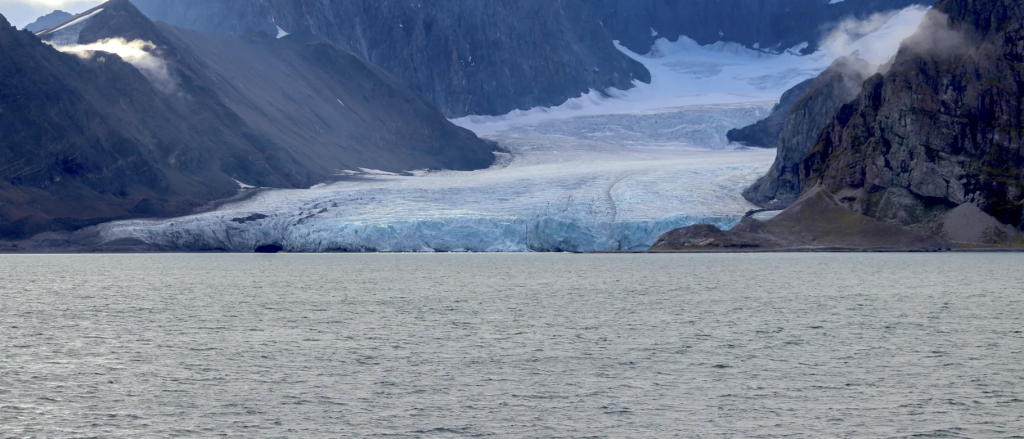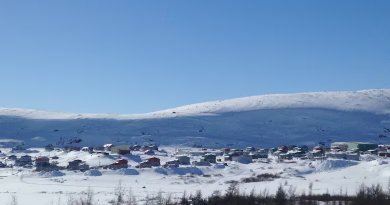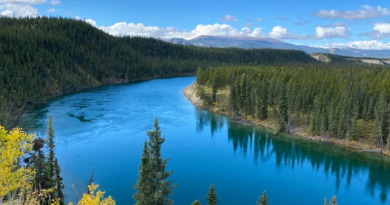Glacial retreat exposes over 1,500 miles of new Arctic coastline, study finds

There’s been a significant shift in Arctic coastlines over the last two decades, with new research revealing that melting glaciers have exposed over 1,500 miles (2,500 kilometers) of fresh coastline, something that could increasingly contribute to rising sea levels and coastal hazards like landslides and tsunamis.
“While glacier retreat and changes in mass balance are widely studied on a global scale, how deglaciation affects adjacent coastal geomorphology is often overlooked and therefore poorly understood,” the study authors said.
“The changes wrought by retreating glaciers and newly exposed coastline can have significant impacts on local ecosystems and communities.”
To do the research, the team of international scientists from the U.S., Poland, Canada, and the Czech Republic analyzed satellite data to track the movement of glaciers across the Northern Hemisphere.
Once the data was crunched, it showed that between 2000 and 2020, glaciers in the Arctic retreated enough to reveal the kilometres of new coastlines, with Greenland leading the way by accounting for 66 per cent of the newly exposed land.
Advancing glaciers aren’t making up losss
The study found that only 50 kilometres of coastline had been swallowed up by advancing glaciers, suggesting even more land will be exposed in the decades to come.
The study authors said the changes will not only impact the North, but also elsewhere in the world.
Proximity to Greenland and Arctic Canada may bring economic opportunity
Melting glaciers could allow more mineral exploration in the region, something a place like Maine could potentially play a role in, Will Kochtitzky, a researcher at the University of New England and one of the study’s authors, said.
Maine’s proximity to Greenland and Arctic Canada means it’s positioned to play a larger role in Arctic trade — especially as companies like Icelandic shipping giant Eimskip ramp up their operations in Portland.

But those opportunities could also come with risks, he said in a statement.
“Glaciers are the primary driver of sea level rise globally, and the rapid changes we are seeing in the Arctic have direct consequences for coastal communities, including those here in Maine,” he said.
“Our research highlights how glacial retreat is reshaping Arctic coastlines at an unprecedented scale. These changes bring both challenges, such as increased coastal hazards, and opportunities, such as new economic activities.”
Reducing carbon emissions is crucial to slowing down the ongoing glacial melt, he said.
“The only way to reverse the long-term decline of glaciers and the associated impacts on polar regions and sea level rise is to reduce carbon emissions,” he said. “Understanding these complex changes requires a multifaceted approach — combining remote sensing, fieldwork, and collaboration across institutions — to fully grasp how Arctic systems are evolving.”
The full study can be read in the journal Nature Climate Change.
Comments, tips or story ideas? Contact Eilís at eilis.quinn(at)cbc.ca
Related stories from around the North:
Canada: Arctic sea ice hits record low March, raising concerns for summer extent, Eye on the Arctic
Greenland: Greenland drone research could help better predict ice loss, Eye on the Arctic
Russia: Atlantification ushering in new era of sea ice loss in the Siberian Arctic, Eye on the Arc



